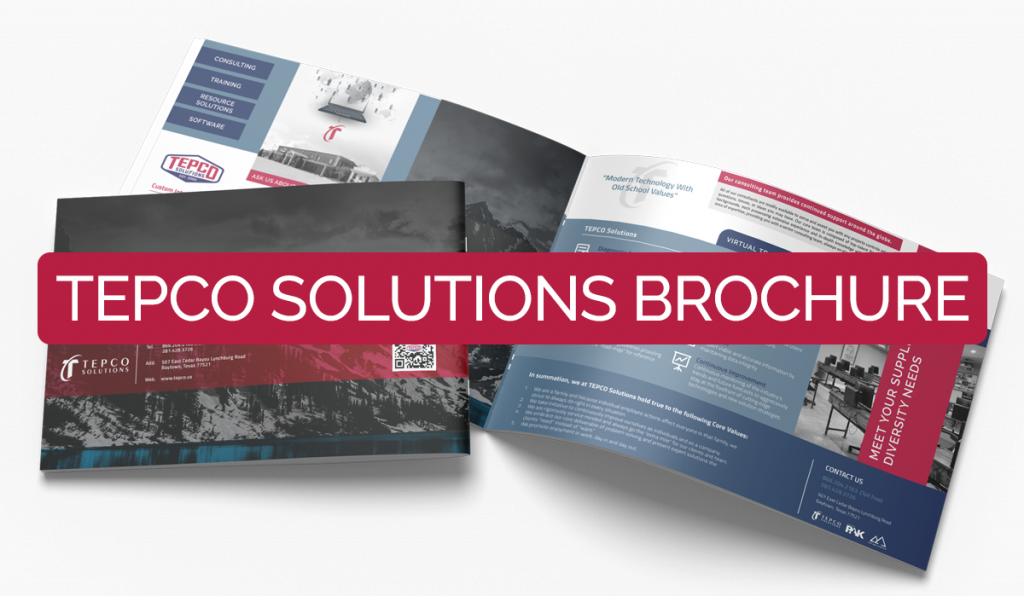Section 01: Phase I – Conceptual
- Conceptual Development
- Steering Team
- Lessons learned
- TAR Premise
- Document and Forms
- Roles and Responsibilities
- TAR Preparation Estimates
- Scope development
- Long Lead
- Planning
- Scheduling
- Budget development
- Facilities and Supplies
Section 02: Phase II – Identification
- Core Team / Training
- Plan the Plan Schedule
- RACI
- High-level Scope estimate +- 50%
- Scope Development
- Scope Challenge / Validation
- Scope freeze
- Long Lead Items Procurement
- Contracting Strategy
- Premise Documents
- Planning and Scheduling Staff and Preparation
- Tar Processes
- Scope Development
- RMI / Tier ranking
- Planning Process
- Plan Validations
- CWR / AWR Process
- Material Management
- Primary and Secondary Contractor Identification
- Primary and Secondary Vendor Identification
Section 03: Phase III – Definition
• Finalized Worklist
• Work Scope Estimate +- 30%
• Team Identification and Training
• Detailed Planning and Scheduling
• Task Planning
• Material Requirements
• Equipment Requirements
• Lead Planner Validations
• Internal Team Validations
• Schedule Development
• Project Integration / IFC Decomposition
• Temporary Facility Requirements
• Logistic Needs
• Bids / Staffing Plans
• Kick-Off / Book
• Final Preparations
• Plan Estimate +- 10%
Section 04: Phase IV – Execution
• Final Execution Organization
• Decommissioning
• Report Schedules
• Kickoff Meeting
• Onboarding Craft Personnel
• Test Project Control Systems
• Control Budget
• TAR Execution
• PSSR
• Commissioning
Section 05: Phase V – Closeout
• Post TAR
• Demobilization
• Excess Material Management
• Lessons learned
• Post Tar Critiques
• Close Out Reports
After this course, the student will be able to:
• Apply Learned Project Controls Processes in A Real-World Environment
• Understand Complex Event Processes from Conception to Close Out
• Obtain 24 PDU’s (Professional Development Units) to PMI (Project Management Institute)
• Lead Turnaround and Maintenance Planning Teams with Confidence


